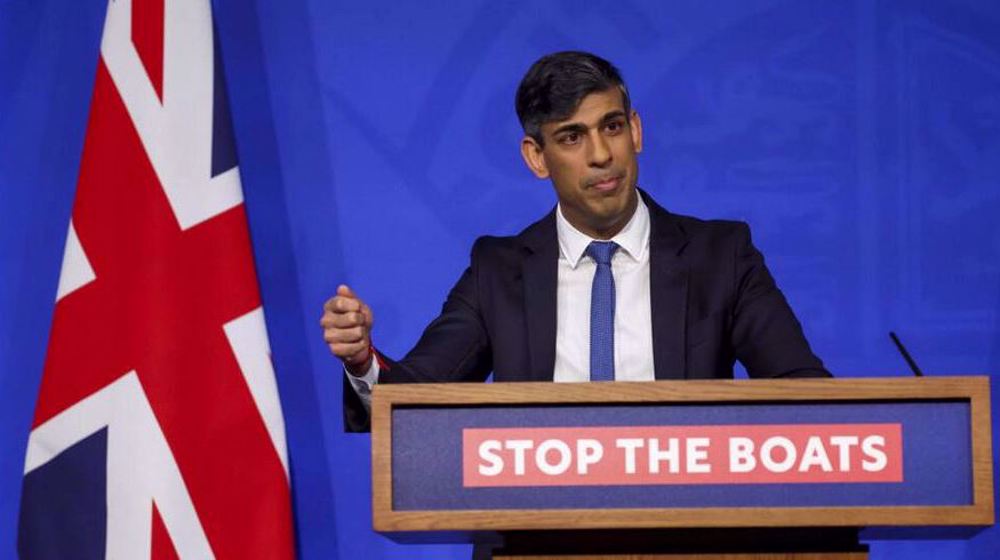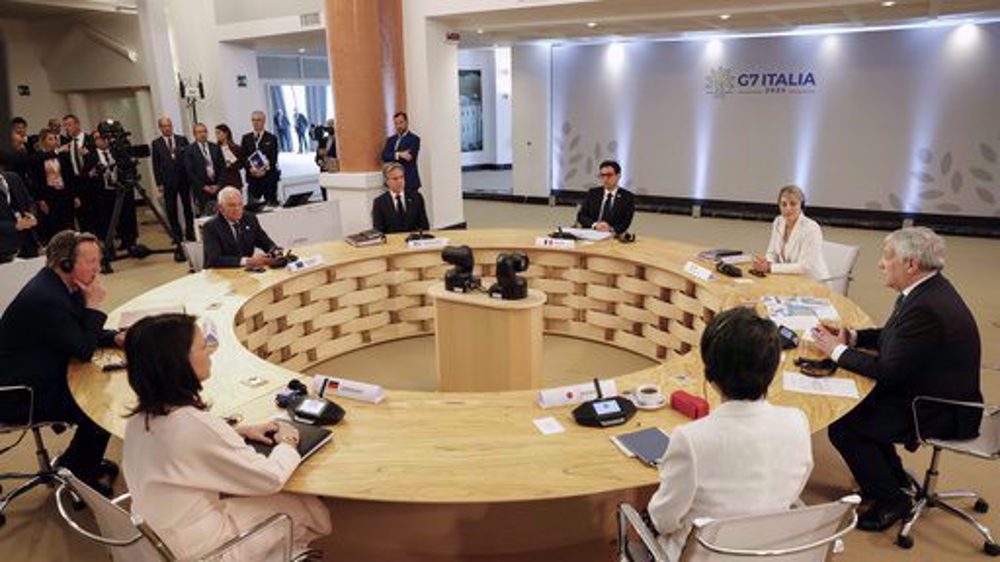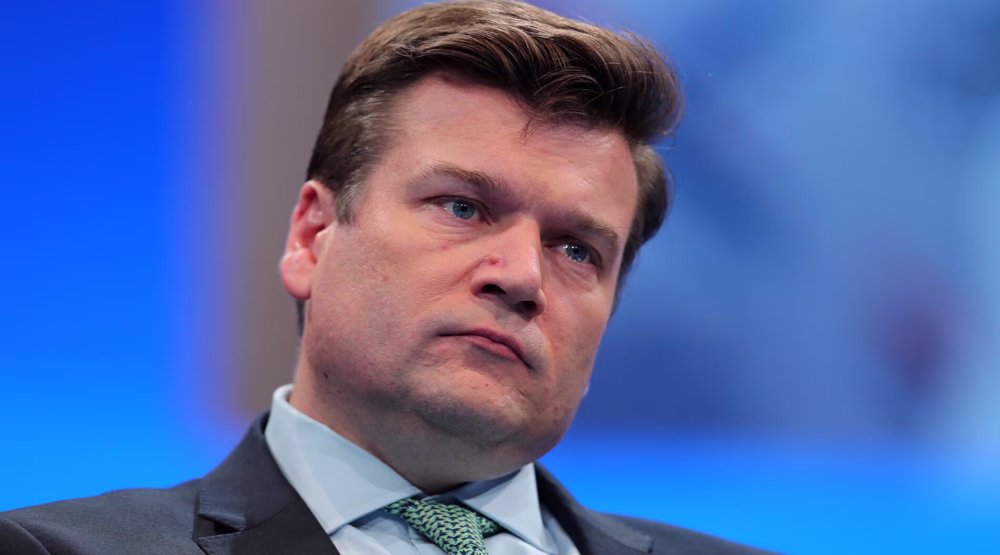David Cameron chairs last cabinet meeting as UK PM
David Cameron has chaired his last cabinet meeting as Britain’s Prime Minister, laying out plans for a vote on renewing the country’s nuclear weapons system known as Trident and for his Life Chances’ strategy for disadvantaged people.
The final meeting at No 10 Downing Street was held on Tuesday as Cameron was preparing to cede power to his Home Secretary Theresa May.
The first discussion of the meeting was about Cameron’s so-called Life Chances strategy. Cameron reportedly said the policy was a prime example of the way his government had worked to “do more for those that have the least.”
The outgoing Prime Minister added that it was for May as the head of the new government to take forward finalizing the plan. May also reportedly confirmed the strategy would be a priority for her government.
Plans to vote on Trident were also discussed during Cameron’s 215th and final cabinet meeting. According to an official spokeswoman for the Prime Minister, Cameron argued that the renewal of Trident was “ultimate insurance to protect from future threats into the 2030s, 40s and 50s.”
Cameron concluded that it had been an “honor” and “pleasure” to chair the cabinet for six years. He then offered May his support, saying that she was the right person to lead the UK through the difficult times.
Cameron will attend the House of Commons for Prime Minister’s Questions on Wednesday and then go to Buckingham Palace to tender his resignation to Queen Elizabeth II and recommend May as his successor.
May will also meet the Queen immediately after as part of a formal procedure and will then enter No 10 Downing Street as the UK Prime Minister by Wednesday evening.
May was expecting a nine-week leadership race, but got just 48 hours notice before having to assemble a cabinet and be officially named as the premier after her only rival Andrea Leadsom quit the Tory leadership contest.
May, 59, has been the Home Secretary since 2010. She presented herself as the unity candidate to bring the divided Tory party and the country back together following the June 23 vote to leave the European Union.
She will be the second-ever female prime minister after Margaret Thatcher.
May has faced questions about when she will trigger Article 50 of the Lisbon Treaty that would set a two-year limit for completing negotiations to leave the European Union.
This as nearly 52 percent of Britons voted in an EU referendum on June 23 to leave the bloc. The move led Cameron, who campaigned for the UK to stay in the EU, to announce his resignation.
VIDEO | TikTok Ban
Gaza faces imminent famine as people starving to death: UN warns
North Korea to stand up to sanctions, bolster military power: Official
Hezbollah says 2,000 Israeli forces killed, injured in operations since Gaza war began
War of wills: Iran army chief vows crushing response to any aggression
April 24: ‘Axis of Resistance’ operations against Israeli occupation
Tabas sand defeats US military
'US secretly sent long-range ATACMS missiles to Ukraine in recent weeks'










 This makes it easy to access the Press TV website
This makes it easy to access the Press TV website